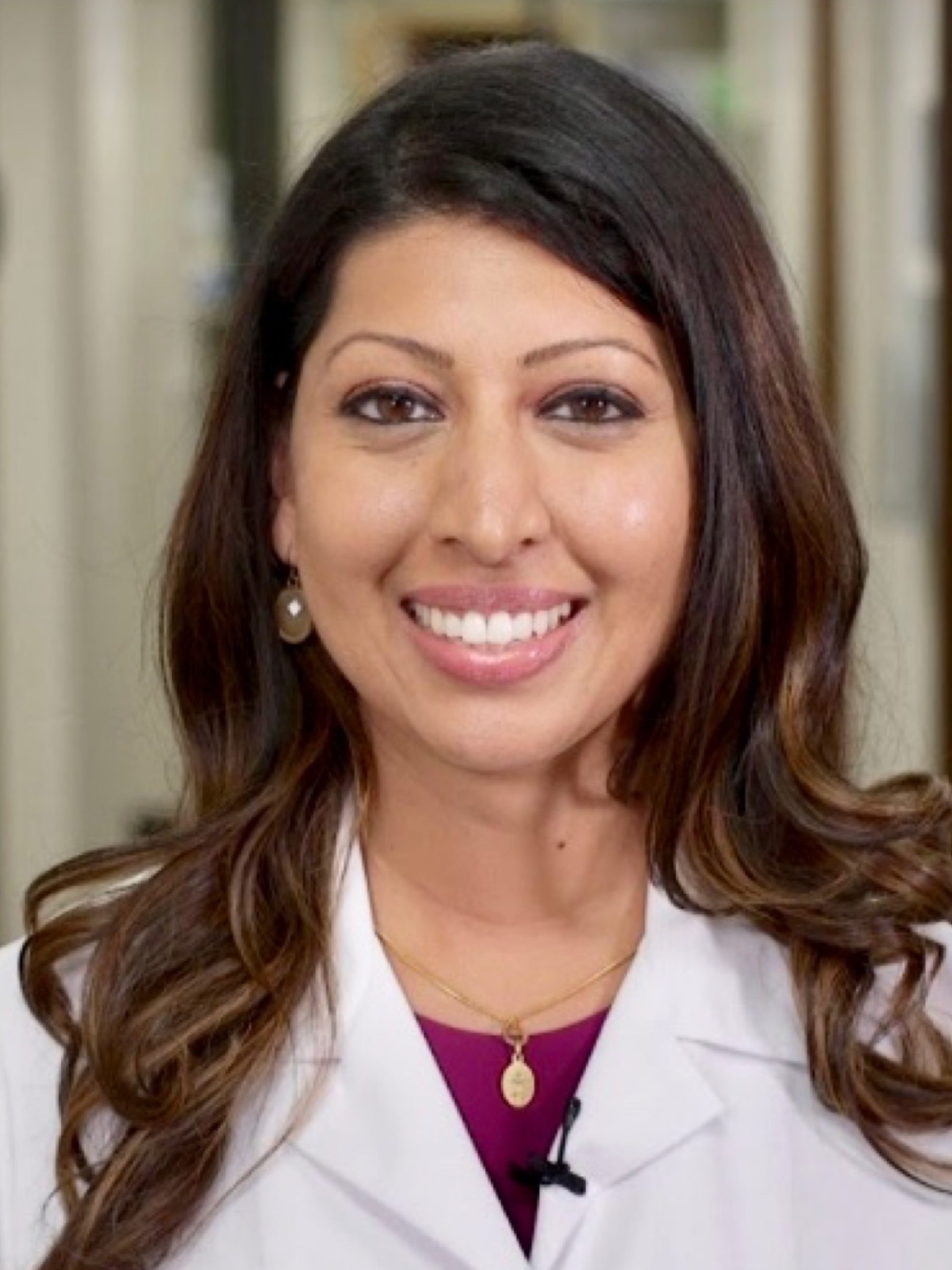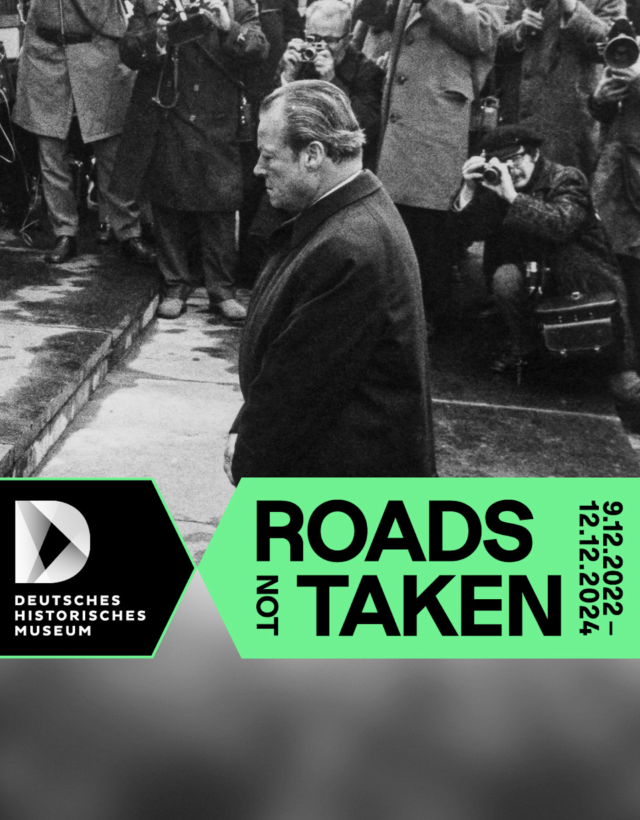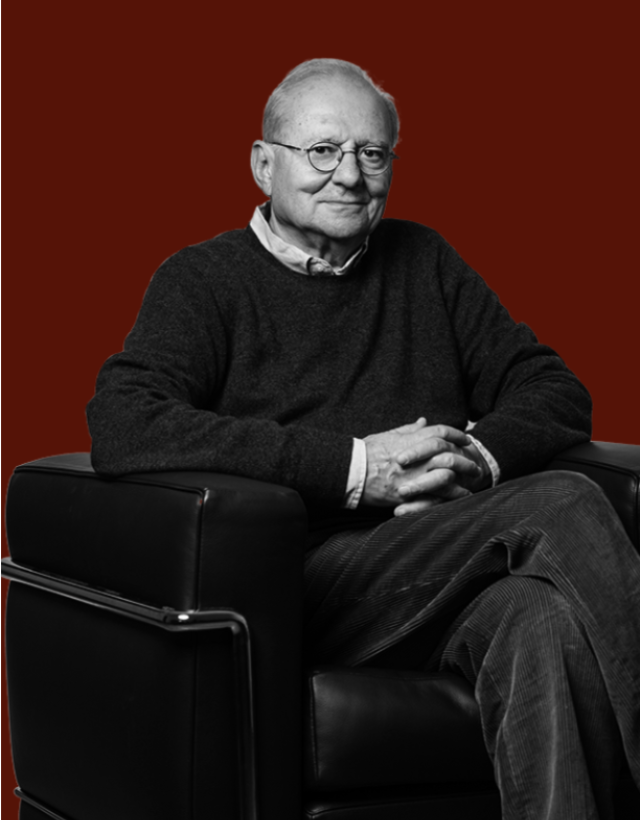
Homebase: Detroit/Michigan/USA
Job title: Medical Director of Community Health, Director of Social Equity and Health Disparities, Primary Care Physician
Asha Shajahan, MD, MHSA is a primary care physician, the Graduate Medical Education Director of Social Equity and Health Disparities at Beaumont Health and the Medical Director of Community Health at Beaumont Hospital, Grosse Pointe in the USA. She serves as an assistant professor at Oakland University William Beaumont School of Medicine in the U.S. She completed a media and medicine program at Harvard University and a faculty fellowship in underserved populations at the University of California, San Diego. Her interest in health policy led her to intern for Carl Levin, a former United States Senator in Washington DC and Jennifer Granholm, a former Governor, for whom she worked to augment healthcare access for the uninsured. She volunteers at several underserved and homeless clinics and non-profits in the Detroit area. She is an advisor on Michigan Governor Gretchen Whitmer’s Implicit Bias Taskforce. As a podcaster, she believes in empowering people through the use of media. She co-hosts the award-winning healthcare podcast Beaumont HouseCall. She has written for several national news outlets like the Huffington Post and USA Today. Asha has also been featured in the Wall Street Journal and Modern Healthcare. She is a regular contributor to Michigan Bridge and American Kahani.
COVID-19 has amplified fake news, conspiracy theories, and misinformation. Public health and social justice have never been so closely intertwined as they are today.
As a physician working on the frontline of the COVID-19 pandemic, Asha has observed the consequences of misinformation firsthand. COVID-19 misinformation is dangerous because of its health consequences, such as causing people to ignore social distancing, not wearing face masks, and, consequently, putting others at risk. Misinformation is causing panic, anger, polarization between political parties, illness, and even death.
The simple guideline to wear a mask has been majorly politicized in the United States. This has resulted in a division within the general public about best practices. Unlike many other previous health crises, the consequences are that states, cities, and even individuals are left to fend for themselves using a confusing variety of information. If there was more political support for public health science, the vast spread of this virus may have been avoided. As a primary care physician, about 80% of Asha’s patients have scheduled appointments just to gain clarity on COVID-19. Rather than diagnosing and treating, her work has evolved into handling and clarifying misinformation. Patients want to get the facts from a physician on the front lines. They ask questions such as, “Doctor, I read that vitamin D will kill the virus. Do I still need to wear a mask?” Asha tries to teach them how to sort through misinformation; a skill that now has a direct impact on their health.
People are skeptical about political agendas and are seeking information from their trusted doctors. However, the challenge to sift through misinformation is plaguing doctors as well. People working in healthcare do not always have the time, skills, or resources to accurately combat misinformation. Some healthcare workers are spreading misinformation themselves, often without realizing it. This is why Asha proposes to equip doctors with a fact-checking tool that can help guide evidence-based outcomes and advice. This tool would be provided by a news literacy company in collaboration with the School of Information at the University of Michigan to bring together the best education and resources for physicians. This could be used in real-time with patients as a follow-up tool to provide accurate and reliable information about COVID-19.


